THIS CONCERT IS “SOLD OUT”!
Attendance is limited to 100 due to Covid-19 protocols.
HORIZON
Featuring CIMF Artists Chelsea Starbuck Smith, violin; Julia Choi, violin: Molly Goldman, viola; and Mitchell Lyon, cello; performing works by Carlos Simon, Jessie Montgomery, Florence Price, Caroline Shaw, Antonin Dvořák, and Paul Frucht.
Wednesday, August 12, 2020 – 6:30 PM
(Rain Date: Thursday, August 13th)
Outdoors at Lounsbury House
(316 Main Street, Ridgefield, CT)
This concert is FREE to attend.
NOTE: Only the outdoor space at Lounsbury House is open. Social distancing and face coverings or masks are required and there are no public restrooms.
FOREWORD
In 1983, the New York Philharmonic asked its composer-in-residence, Jacob Druckman, what he would choose to do with the orchestra if he were essentially given control of it for three weeks. He replied by saying he would “celebrate what’s going on now” with a three-week festival of contemporary American music. This gave birth to the “Horizons” Festival at the New York Philharmonic. In addition to jumpstarting the careers of many emerging American composers by showcasing their music, “Horizons” shifted the paradigm of American music away from the avant-garde modernism that had defined concert music for the previous half-century and toward a more pluralistic notion of what new American concert music can be.
This moment we find ourselves in today also calls for a paradigmatic reimagining among today’s artists and musicians. While recent events have reminded us of the immense value of classical music, with its unique power to communicate deeply felt and complex emotions and ideas, they have also called on us collectively to re-imagine the role that classical music plays in society and how we as artists wield its unique power. The title of today’s program, ‘Horizon,’ is not just an homage to Druckman and the paradigm shift he helped catalyze, it is genuinely asking the question at the forefront of society: what’s next on the horizon?
The way we answer this question as musicians will play a role in determining what role classical music has in American society going forward. I find myself imagining a world in which the role of classical music in America is not just to create, perform and proliferate great art, but to create, perform, and proliferate great art that tells the story of America and of our world and reaches directly into the hearts and minds of our audiences, sparking them to think and feel more deeply about the world around them. And to tell all American stories, we need to hear all of America’s voices – every race, gender, ethnicity – and the voices of our treasured composers of the past, like Charles Ives. Finally, reimagining means placing the center of our gravity not just on what stories the great music of the past has told, but on what stories the great music of the present is yearning to tell. With that framework in mind, today’s program portrays an answer to that burning existential question – what’s next? – with a series of works that tell the stories of American reflection, rejuvenation, and innovation. Through the narrative of each of these works and the narrative they weave collectively, this program is designed to resonate as an escape from or as fodder for deeper contemplation of our current moment.
– Paul Frucht
PROGRAM NOTES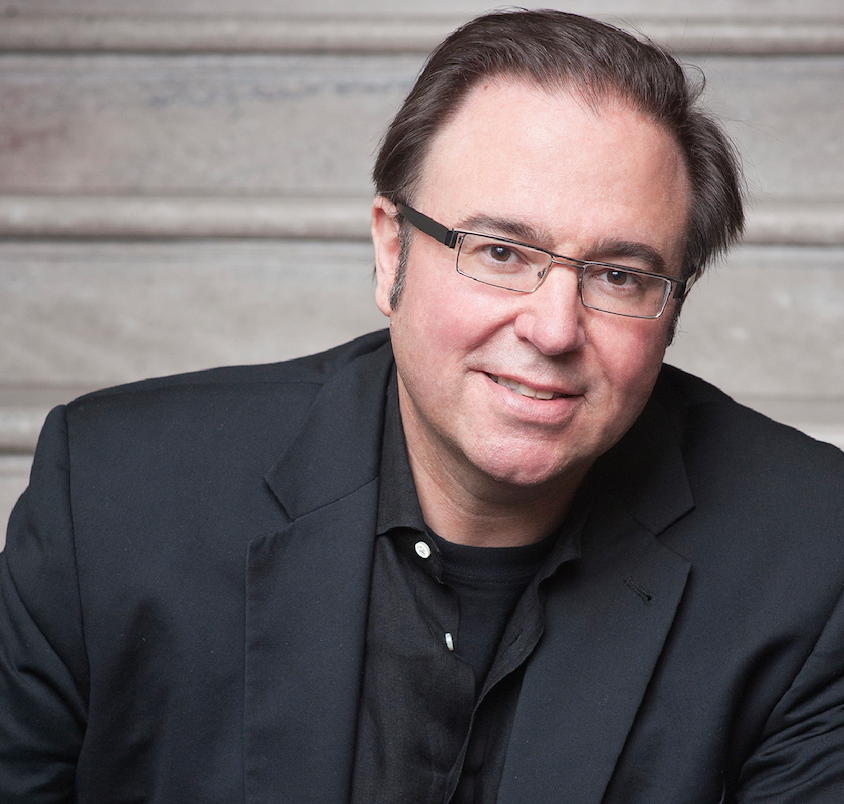
Christopher Theofanidis (1967-) Visions and Miracles
I. All joy wills eternity
“During the period I was writing Visions and Miracles, I was listening regularly to the medieval Spanish work, the Cantigas de Santa Maria, performed by the wonderful early music group, Ensemble Alcatraz. This music struck me as both joyous and artful, and its asymmetric melodic and rhythmic character became a major inspiration for me in composing this work. The first movement, All joy wills eternity, takes its title from a line of Friedrick Nietzsche and features the quartet in the very fast tempo of quarter note equals 232 beats per minute, alternating groupings of 2s and 3s. Melodies ride over this erratic and unpredictable pulse.”
– Christopher Theofanidis
Click here to read more about Christopher Theofanidis.
Florence Price (1887-1953) Five Folksongs in Counterpoint (transcribed/edited by the Apollo Chamber Players)
III. Drink to Me with Thine Own Eyes
Florence Price, the first Black woman to have her work by a professional American orchestra, was a member of a generation of Americans that created a truly “American” sound. Rather than writing in the strict German romantic tradition, Price used elements of this tradition and melded them with folk songs that are iconically American to create this work. This melding, key to other American innovations, such as jazz and eventually the kind of music on Jacob Druckman “Horizons” festival, would become the foundation of American music: a melting pot of different cultural traditions. 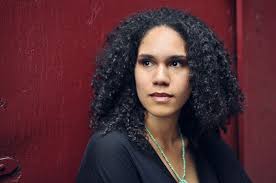
Jessie Montgomery (1981-) Strum
Strum is the culminating result of several versions of a string quintet I wrote in 2006. It was originally written for the Providence String Quartet and guests of Community MusicWorks Players, then arranged for string quartet in 2008 with several small revisions. In 2012 the piece underwent its final revisions with a rewrite of both the introduction and the ending for the Catalyst Quartet in a performance celebrating the 15th annual Sphinx Competition.
Originally conceived for the formation of a cello quintet, the voicing is often spread wide over the ensemble, giving the music an expansive quality of sound. Within Strum I utilized texture motives, layers of rhythmic or harmonic ostinati that string together to form a bed of sound for melodies to weave in and out. The strumming pizzicato serves as a texture motive and the primary driving rhythmic underpinning of the piece. Drawing on American folk idioms and the spirit of dance and movement, the piece has a kind of narrative that begins with fleeting nostalgia and transforms into ecstatic celebration.
– Jessie Montgomery
Click here to read more about Jessie Montgomery.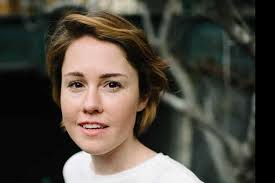
Caroline Shaw (1982-) Valencia
There is something exquisite about the construction of an ordinary orange. (Grocery stores around the country often offer the common “Valencia” as the standard option.) Hundreds of brilliantly colored, impossibly delicate vesicles of juice, ready to explode. It is a thing of nature so simple, yet so complex and extraordinary. In 2012, I performed at the MoMA with the musician and performance artist, Glasser — a song which she described as being about the simple beauty of fruit. Later that summer I wrote Valencia, for a concert I was playing with some good friends in Manchester-by-the-Sea, Massachusetts. I decided to channel Glasser’s brave and intuitive approach to melody and texture, such that Valencia became an untethered embrace of the architecture of the common Valencia orange, through billowing harmonics and somewhat viscous chords and melodies. It is also a kind of celebration of awareness of the natural, unadorned food that is still available to us.
– Caroline Shaw
Click here to read more about Caroline Shaw.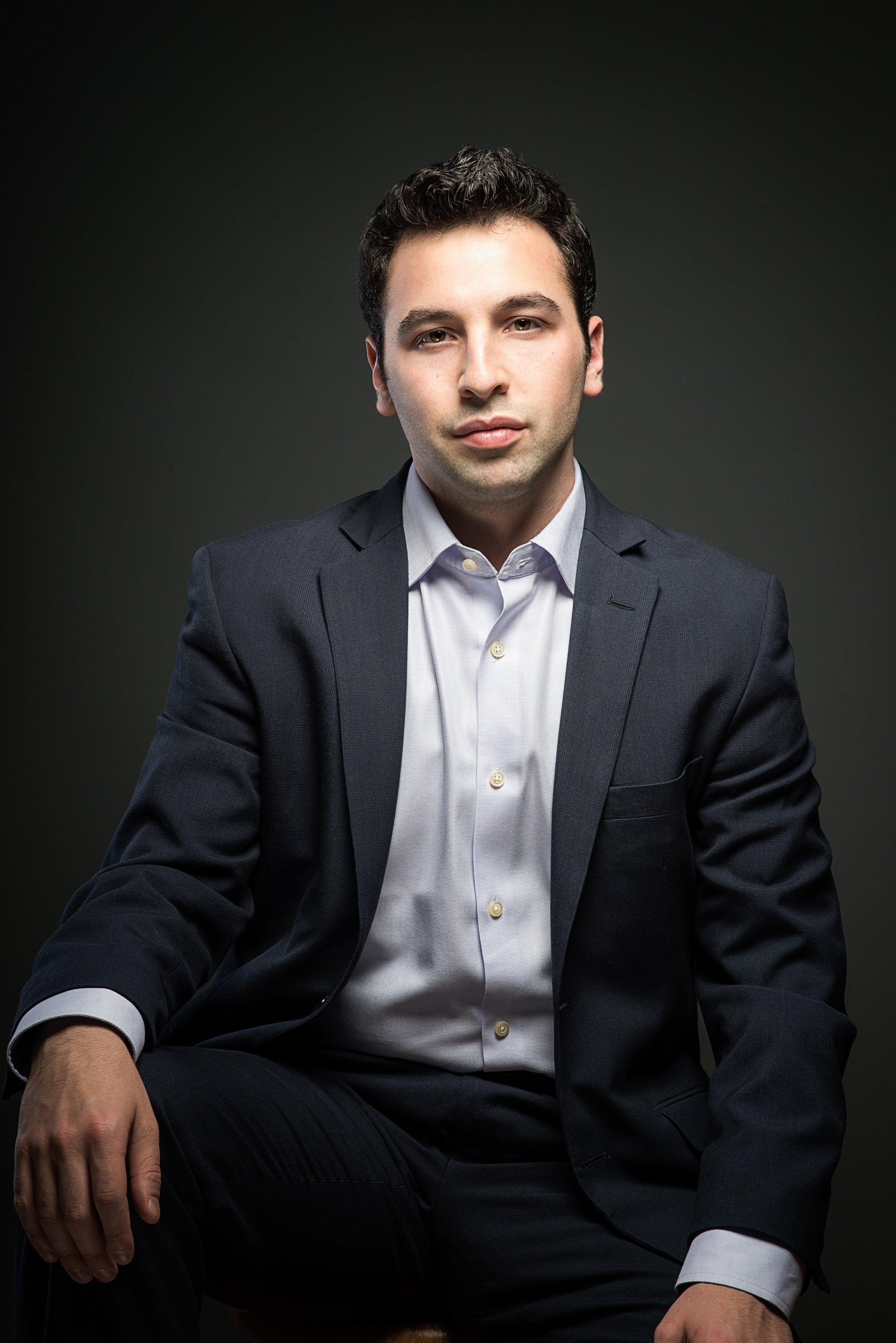
Paul Frucht (1989-) Essential (World Premiere)
Essential is dedicated to the heroic essential workers who have risked their lives to keep the most necessary elements of society functioning. The pandemic has given rise to this coinage as a way of celebrating bus drivers, grocery workers, delivery workers, doctors, nurses and many more for whom we collectively have a new appreciation – one that we should have had all along.
The work is a personal expression of gratitude, as I depended on these people when I quarantined for weeks alone in my Morningside Heights apartment, listening to ambulances blare throughout the day and night. At a time when New York City was catastrophically threatened, they sustained its resilient spirit and carried us through. This work reflects that spirit.
– Paul Frucht
Click here to read more about CIMF Artistic Director Paul Frucht.
Carlos Simon (1986-) WARMTH FROM OTHER SUNS
CLICK HERE FOR CONVERSATION WITH CARLOS SIMON & CIMF ARTISTIC DIRECTOR PAUL FRUCHT
Between 1916 and 1970, the mass exodus of African-Americans leaving the rural South, seeking homes in the urban West, Midwest, and Northeast became known as the Great Migration. Inspired by Isabel Wilkerson’s book The Warmth of Other Suns, I chose to bring these stories to life through the voice of a string quartet. Commissioned by the Sphinx Organization.
– Carlos Simon
Click here to read more about Carlos Simon. 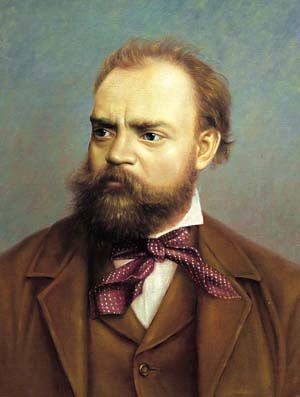
Antonín Dvořák (1841-1904) String Quartet No. 12 in F Major (American Quartet) Op. 96
IV. Finale: vivace ma non troppo
This iconic work by the Czech-born Dvorak is a result of his journey to America and his deep appreciation American culture. In particular, he had deep appreciation for African American folk music and spirituals. Whether the musical materials in the work were influenced by this folk music and spirituals is a subject of debate among musicologists. Regardless, the work received its nickname because it is one of two works that Dvorak wrote after feeling he had seen more of America during a summer in Spillville, IA, and reflects the spirit of exploration and imagination.